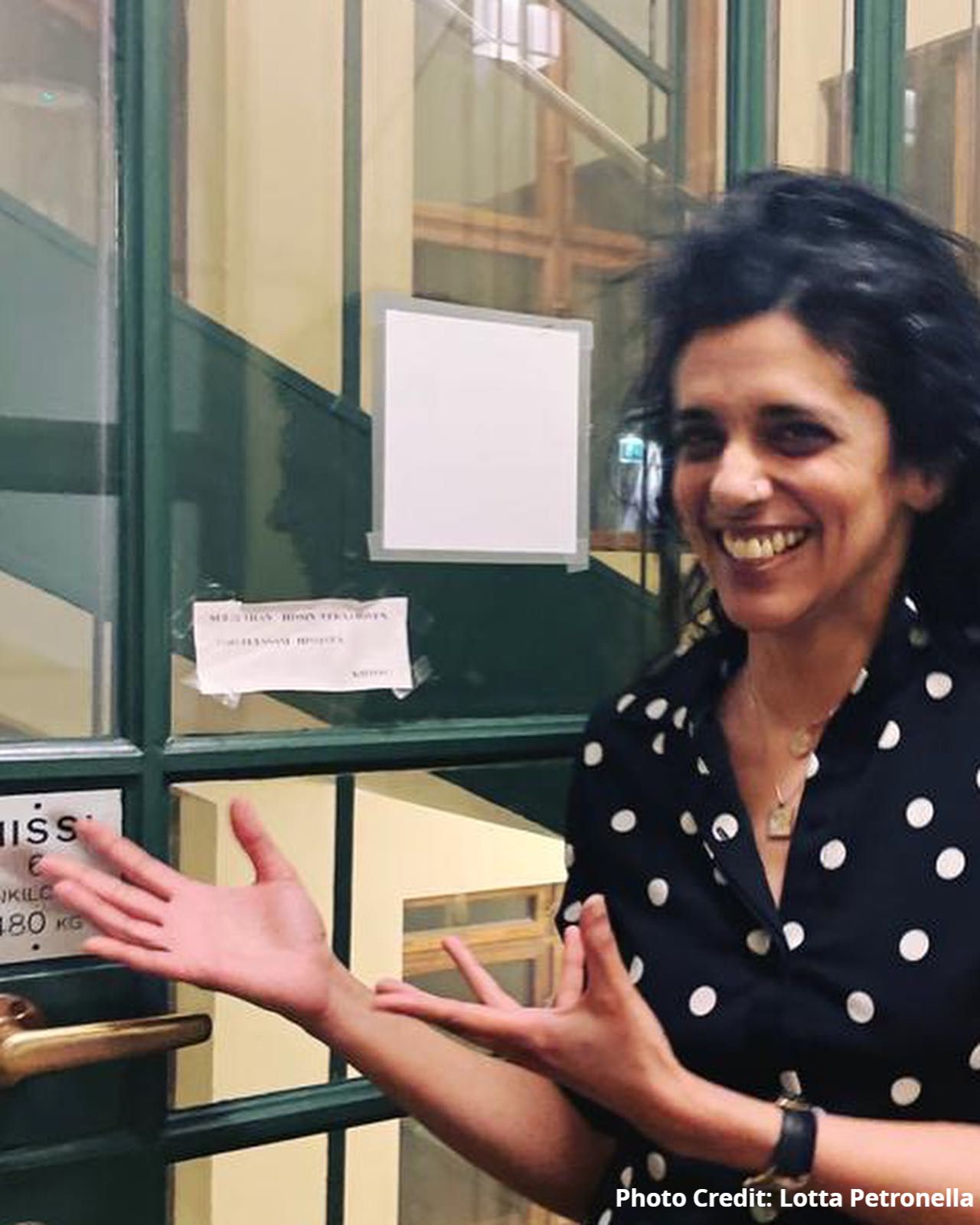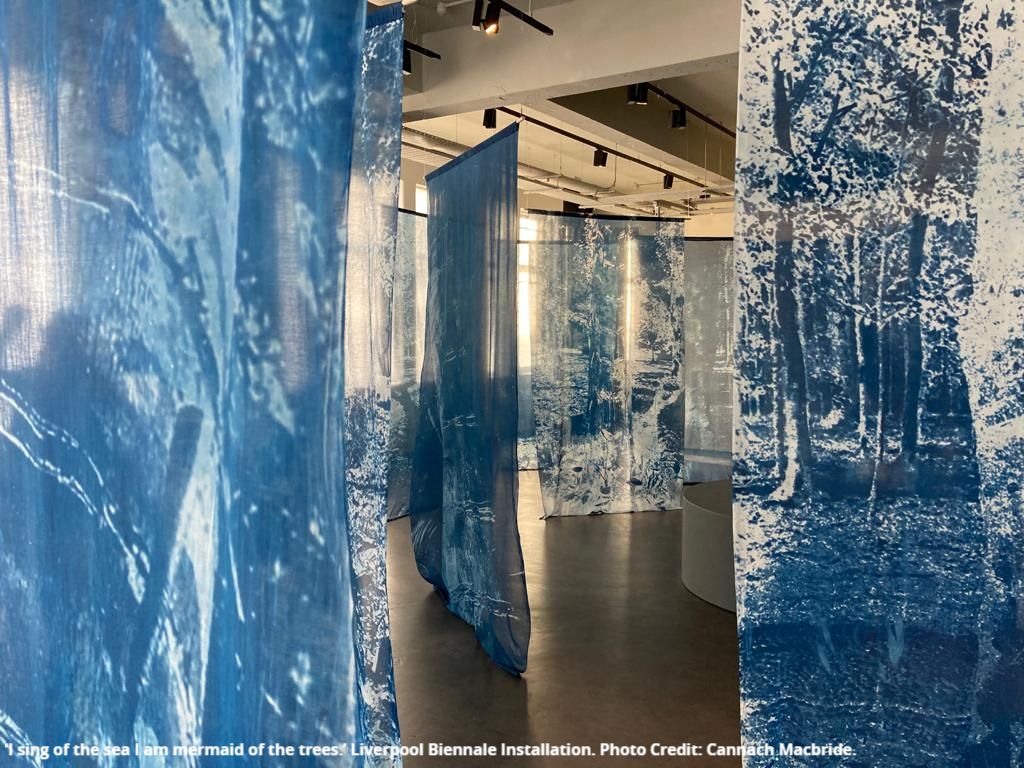
The Ioan Davies Memorial Lecture is an annual event at York University that brings a major intellectual figure in the areas of critical and cultural studies to York for a public lecture. It was initiated in 2000 to honour the memory of the late Ioan Davies, Professor of Sociology at York with a lecture that engaged some of the concerns of his very diverse scholarship. See the lecture website for information about the Lecture and previous lecturers.
Please join us for the 2022 Ioan Davies Memorial Lecture on Monday 21 March 2022, 13:00 EDT (note new date!!)
Register for the event!

This year’s invited lecturer is Dr. Ayesha Hameed, Senior Lecturer in Visual Culture at Goldsmiths University of London. Her work explores the legacies of indentureship and slavery through the figure of the Atlantic and Indian Oceans. Her Afrofuturist approach combines performance, sound essays, videos, and lectures. Hameed examines the mnemonic power of these media – their capacity to transform the body into a body that remembers. The motifs of water, borders, and displacement, recurrent in her work, offer a reflection on migration stories and materialities, and, more broadly, on the relations between human beings and what they imagine as nature. Her talk “Of Sea Changes and Other Futurisms” will expand on two of her recent long term research-creation projects: Black Atlantis and Brown Atlantis.
"Of Sea Changes and Other Futurisms" explores two long term projects. The first, Black Atlantis, is a speculative exploration of the relationship between the transatlantic slave trade, contemporary illegalised migration, and the watery environment of the ocean below. It is a multi-part sound, video, performance and scholarly project that combines two conversations - Afrofuturism and the anthropocene. The second, Brown Atlantis, is a new project which extends the speculative methodology produced for Black Atlantis to look at the ecologies of the Indian Ocean world with histories of indenture and slavery. It looks at the Indian and Atlantic Oceans together as a site of both indentured and slave labour. Inspired by Chimurenga’s publication Festac ‘77, it considers the book as a form of technology, and imagines what it would look like if it was invented in Africa.

